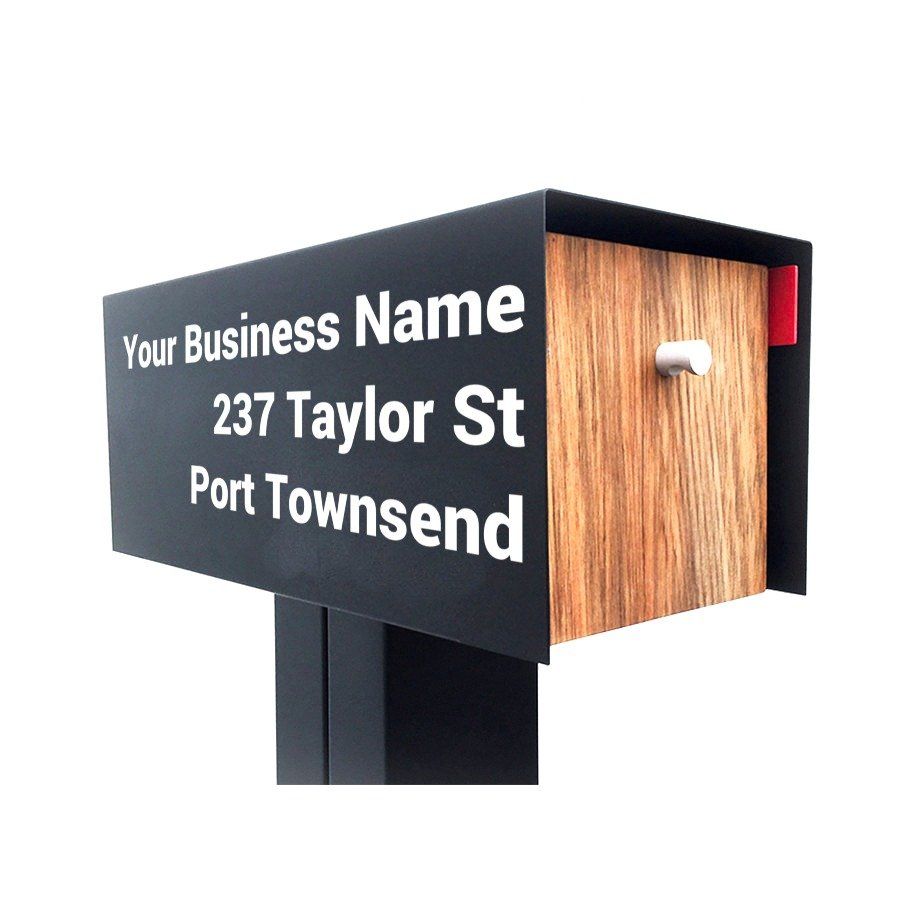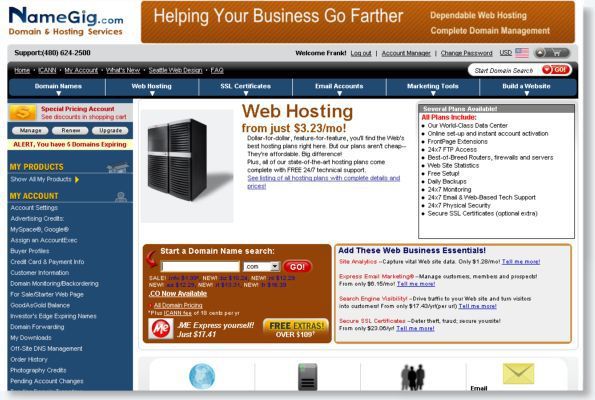Choosing the Right Business Structure
It's time to take that idea and make it a reality - but what defines "real" these days?

Launching a new business is exciting, but there are many details to review before you start transacting. No matter which industry you operate in, whether you’re a sole proprietor working from home, a brick-and-mortar store, a consultant, or a tech startup, your company needs to be licensed and legal to do business in Washington.
But what type of business structure should you choose? There are many different options, each with its own set of do's and don'ts. Much like when you’re developing your business plan, it pays to do some research first, so you can be sure you’re making the right decision for your business. I've started more than a few businesses over the years, and I'd like to share my experience of the process. Before making a decision, I recommend talking with a local professional to learn the latest rules and requirements.
Our friends over at The Business Guides can answer questions about tax implications of each type of business. And a trusted attorney that is familiar with local tax and liability laws can help steer you in the right direction and get you setup correctly.
The time and money you invest in choosing the right business structure can quickly pay for itself with tax savings and legal protection for years to come.
Different Types of Business Structures
Each type of business structure comes with its own regulatory framework. Your decision will impact how much you pay in taxes. It will also dictate what compliance paperwork you’re required to file and how much business and personal liability insurance you need. If you’re planning to seek funding, your legal business structure will also affect how you go about this.
Ultimately, your choice comes down to three distinct factors: record-keeping, liability, and taxation. Because no two situations are the same, there is no clear-cut right or wrong answer. It all depends on the business needs, your individual needs, and those of your partners (if you have them). You should also consider where you see taking the business in the future, for example, if you plan to sell the company at some point or bring in more shareholders when it’s time to grow.
Sole Proprietorship or Partnership
A sole proprietorship is the simplest business structure. It’s fast, easy, and inexpensive to set up. As the owner, you have complete control over all aspects of the business, but you are also personally responsible for paying taxes and any other elements of financial liability.
A sole proprietorship is a good choice for independent contractors or small businesses that do not have any major liability concerns. If you have significant personal assets and feel they might be at risk, it would probably be better to look at incorporating.
However, if you expect your annual income to be higher than $100,000, and don’t have enough deductions to lower your taxable income, there are advantages to incorporating.
Partnership
A partnership is when two or more people agree to share the business’s profits and/or losses. This structure is similar to a sole proprietorship in that each partner is personally liable. If the company is sued, each partner bears the onus equally (or according to their share of the business). A partnership can also reduce the tax you pay as the amounts are passed through to be paid on each partner’s individual return.
You might choose a partnership if you and one or more others are engaged in providing a product or service and wish to share aspects of business operations and administration.
Corporation
A corporation is a business entity that is created with the sole purpose of conducting business. It is separate from the people who created it and is responsible for meeting its obligations under the law. The corporation is taxed and can be held liable for damages incurred as a result of its activities. Perhaps the most significant advantage of incorporation is the absence of personal liability. As a corporation, you are taxed at a lower rate, and there are many more options available to you, so if you are a high-earning sole proprietor, it’s something to consider.
However, incorporation comes with its drawbacks as well. The cost of incorporation is relatively high, and tax preparation is much more complicated and costly. You will also be required to maintain and file specific paperwork, and you may be taxed twice—once through the corporation and again on your personal income tax. An S-corporation helps you avoid double taxation by allowing losses to be passed on through your tax return, much like a partnership.
A corporation is also advantageous when it comes to estate planning. If you plan to pass your stake in the company along to your children, for example, this is a way to avoid inheritance taxes and probate. When you die, your shares pass on to your beneficiaries automatically without going through the legal process.
Limited Liability Corporation (LLC)
An LLC is a hybrid of a partnership and a corporation. Some business owners prefer this structure because it offers the best of both worlds. Partners are protected from personal liability, and profits and losses can be passed through without incurring additional taxation.
Of course, an LLC has its downsides too. If you’re hoping to attract investors, it’s not impossible, but certainly less likely. Investors generally prefer the protections of a corporation. Plus, you cannot pay yourself a salary as an owner. There is less paperwork to file than with a corporation, but renewal fees can be pretty high.
Most types of companies can be LLCs, with the exception of professional services, like medical offices or legal firms. Choosing an LLC structure over a sole partnership, partnership, or corporation will largely depend on what protections, tax advantages, and other features matter most to you.
Every Business Needs a Physical Address.
Whether you’re a digital nomad, a clothing designer, a financial advisor, or a construction firm, every business needs a physical address. In fact, you can’t register your business at all unless you have an official address.
For some companies, this is an easy task – if you have a location, you have an address. However, if your business is remote, or if you don't want to share your home address publicly, a Virtual Mailbox at The CoLab can provide a professional Port Townsend business mailing address as well as some slick features like mail scanning, and they'll even email or text you when you receive mail.
You can also step it up with their Virtual Office membership designed to provide a professional identity plus all the benefits of membership such as:
- Monthly Meeting Room Credits
- Discounts on meeting room reservations
- Discounts on coworking day passes
- 24/7 access to your own private Virtual Meeting Room
- A professional or company profile in the CoLab Member Directory
And while some sole proprietors might feel like it’s okay to use their home address, there are pros and cons to that as well. Nobody likes the idea of salespeople, vendors, process servers, or even potential customers just showing up on their doorstep unannounced.
If you are setting up your company and need to get started quickly, a virtual address is the answer you’ve been looking for.
Some of the benefits of a virtual address include:
- Satisfy state and federal requirements
- Not a P.O. box – an actual street address
- Professional business address in Port Townsend
- Receive mail and official documents
- Affordable, predictable monthly fee
- Professional address to use on your website, business cards, and marketing collateral
Plus, it immediately lends legitimacy to your company. In the eyes of your peers, customers, and the government, you are a thriving and active concern. Plus, if you’re the type that’s always on the go, you can still receive your mail. Incoming mail is scanned and sent to your email, minimizing delays and ensuring you stay on top of critical business correspondence.
There are a lot of things to consider when you’re starting a new company. It pays to do your research and pick a business structure that works for you. And a
professional business mailbox from The CoLab can give you the edge you need.












